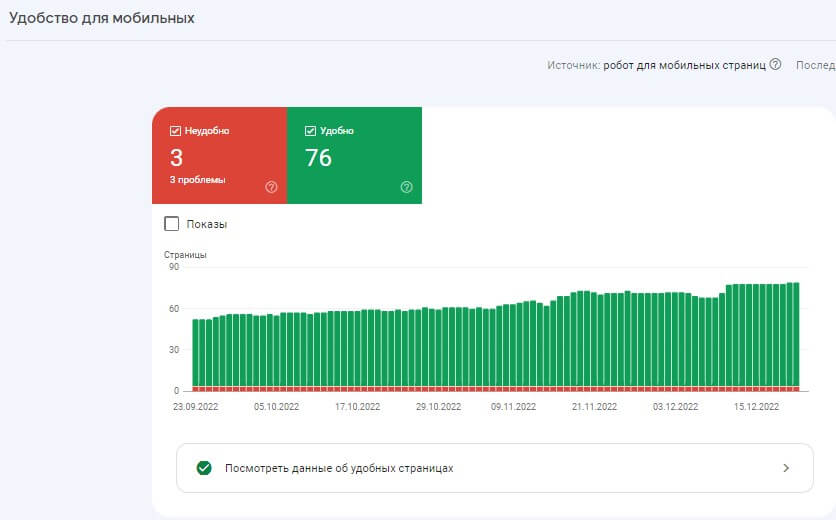Content of the article

Search engine algorithms are constantly being improved – Google and other search engines use many factors to rank web resources. An even larger number of parameters are considered significant for the ranking of sites by their owners. Which ones are the most important and relevant from Google’s point of view?
Quality content
In recent years, content useful to visitors has been recognized by Google as one of the main factors in determining a site’s ranking. This concerns the volume of articles, spelling, correct formatting, text structuring, content and media elements (images, videos). The best positions in search are occupied by resources with relevant and relevant content that can satisfy the search intent of users.
Technical website optimization
Technical problems of the site negatively affect search engine rankings. Poor indexing of pages, too low speed of their loading, long waiting time for a server response, absence or duplication of Title, H1 and Description goals, html code errors, the presence of broken links and redirects, non-unique content will not allow the site to take high positions in the search. Regular technical audits with error elimination and internal on-page optimization are necessary for each web resource.
Special attention should be paid to page loading speed. Google uses the Core Web Vitals metrics Longest Content Play (LCP), First Input Delay (FID), and Cumulative Layout Shift (CLS) to measure page load performance, interactivity, and visual stability. You can check them in the “Core Web Vitals” report in Google Search Console – the search engine reduces the ranking of only those pages that perform the slowest.

Quality links
Backlinks are clickable links from one website to another. In 2016, Andrey Lipattsev from Google confirmed that they are one of Google’s strongest ranking factors. You should create links from other well-known websites on topics close to your site. The priority, of course, is their quality, not quantity.
Mobile site adaptation
Mobile friendliness is a mobile ranking factor 2015. When Google switched to mobile-first indexing, targeting mobile devices, it has become a ranking factor on desktop computers as well. Use the report on ease of use of mobile devices in Google Search Console to see if you have any problems.

Behavioral factors (+ usability)
The experience of using the site is determined by the search engine, both positive and negative, according to the following indicators:
- time spent by visitors on the site;
- number and depth of page views;
- traffic sources and audience return;
- bounce rate;
- social proof – reactions on social networks.
To improve not only the ranking of a resource in search, but also conversion, you need to work on usability – improving the ease of use of the site.
HTTPS – security and privacy
HTTPS improves the security of your website visitors. Since 2014 year is a Google ranking factor. This protocol uses a cryptographic connection to protect data from interception and modification through encryption. If your website does not use HTTPS, you will see a “Danger” warning in your browser, install an SSL certificate to allow it.

Comprehensive work on the site
When working on search engine optimization of a website, you need to understand that improving individual ranking factors will not bring high positions for key queries and increased traffic. For example, having relevant and high-quality content will not help if the page is not indexed by the search engine due to technical problems or has problems with loading speed. That is, SEO optimization of a website should take place in a comprehensive manner; you need to work through the maximum number of factors to obtain the best effect.







 13/01/2023
13/01/2023  3617
3617


